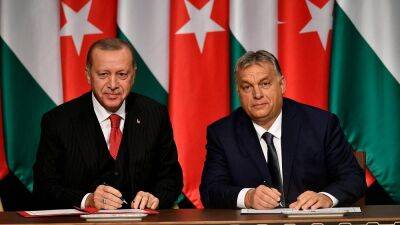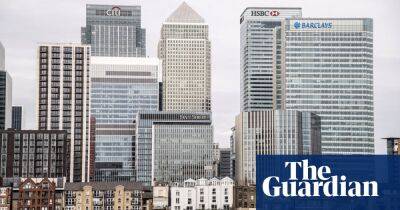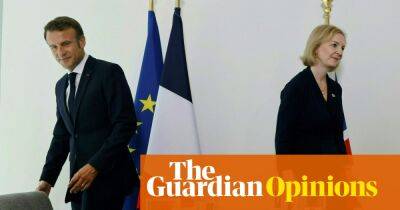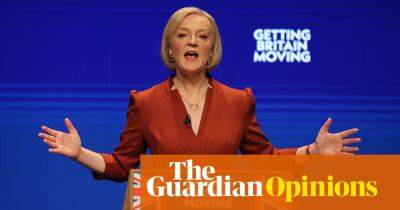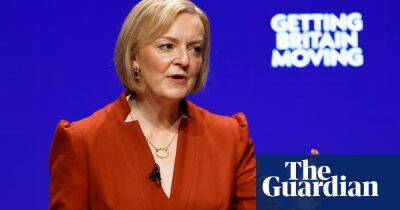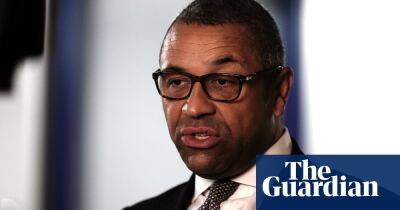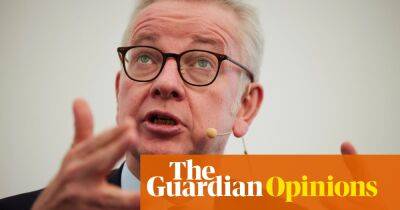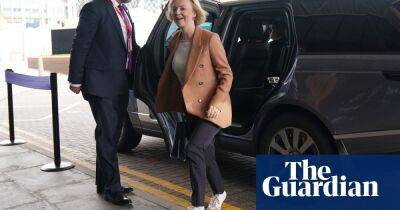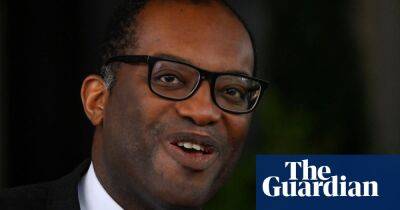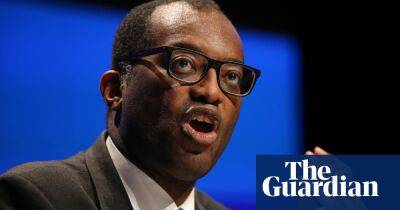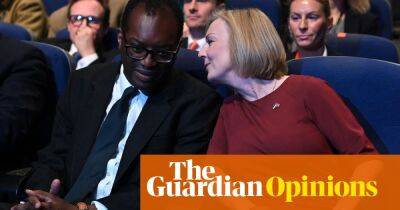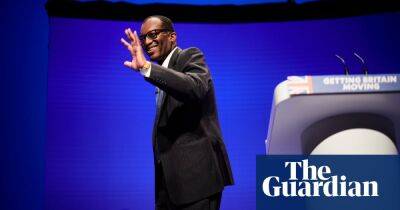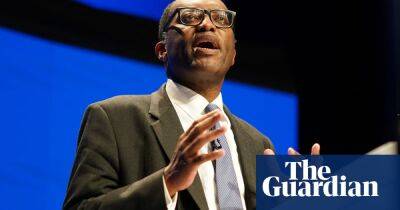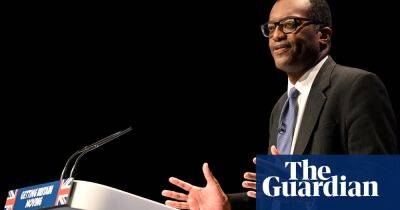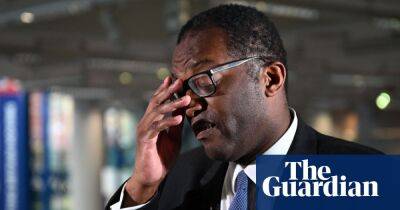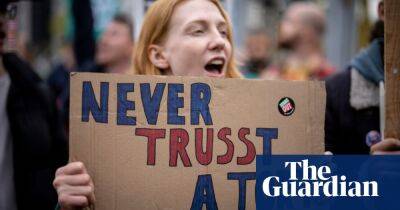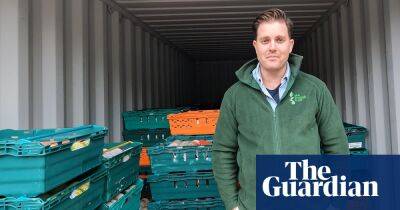Stick, twist … or sack Kwasi Kwarteng? The choices facing Liz Truss
Battered by financial markets and besieged by MPs whose constituents’ mortgage payments are set to rocket, Liz Truss must now navigate a serious economic crisis of her government’s own making.
Does she stick, twist – or gamble again?
Rating the likelihood of what might happen from one to five, here are some of her options in the days ahead. (Spoiler: none of them are good.)
Truss was reportedly reluctant for Kwasi Kwarteng to issue an emergency statement earlier this week, aimed at reassuring financial markets. She preferred to stand firm. The mini-budget was closely aligned with Truss’s own ardently free-market vision, and she is unlikely to want to be forced into a humiliating U-turn so early in her premiership.
As many of her intellectual outriders have suggested, she is also relatively relaxed about somewhat higher interest rates, believing the Bank of England should have acted sooner against inflation.
Some in government appear to believe markets overreacted so dramatically in recent days because they did not understand the full context of Kwarteng’s plans, and what he and Truss are hoping to achieve. Truss intends to remedy that by rushing out other aspects of what she firmly believes to be a pro-growth set of policies – from childcare reform to immigration – in the hope of reassuring investors.
She could then use her conference speech next week to try to instil a sense of determined calm. But with the bond markets giving journalists an instant readout of how well she is going down with the audience that really matters, that looks a bold – not to say mad – strategy.
In its pointed statement on Tuesday evening, the International Monetary Fund (IMF) dropped a heavy hint it would like to see the chancellor withdraw some of
Read more on theguardian.com


